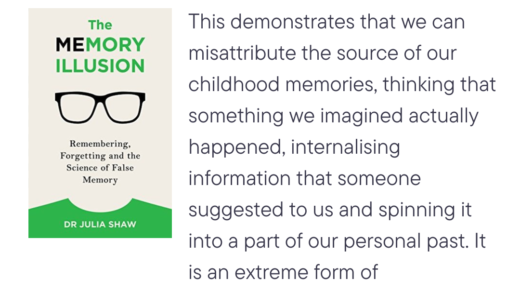Tim’s first tentative piece of research was to give this survey to 316 students. When the results came back and were all calculated out, Tim was struck by the results: materialistic people, who think happiness comes from accumulating stuff and a superior status, had much higher levels of depression and anxiety. This was, he knew, just a primitive first shot in the dark. So Tim’s next step was—as part of a larger study—to get a clinical psychologist to assess 140 eighteen-year-olds in depth, calculating where they were on the Aspiration Index and if they were depressed or anxious. When the results were added up, they were the same: the more the kids valued getting things and being seen to have things, the more likely they were to be suffering from depression and anxiety.
As we move on to the next part of Johann Hari’s book, it begins to speak about what are the factors that cause us anxiety and stress and may eventually lead to depression.
One of the passages that caught my attention was this, where being plugged into a consumeristic and materialistic aspect of society tends to lead to higher levels of depression.
Does having a materialistic mindset lead to depression? Or is it the other way round? That anxiety causes you to focus on external items such as material purchases rather than dealing with your internal issue. The answer is definitely more nuanced than a simple “just be less materialistic”.
Just like how we engage in addictive and negative behaviours (drinking, gaming, binging on food) whenever we have some form of emotional discontent, it could just be that these 2 things (materialistic mindset x depression) perpertuate each other in some sort of negative feedback loop. What we can learn to do, is to recognise when we’re in a negative spiral and deal with things, especially with the help of loved ones.



